
Welcome To The Data Leak Lawyers Blog
We focus on the latest news surrounding data breaches, leaks and hacks plus daily internet security articles.

We focus on the latest news surrounding data breaches, leaks and hacks plus daily internet security articles.
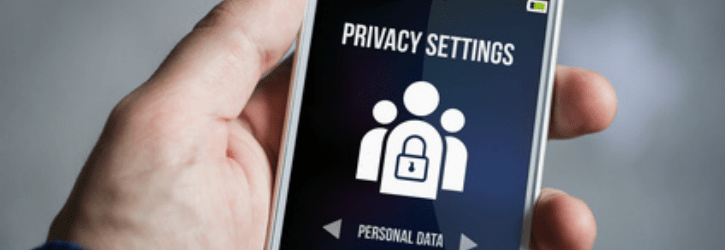
Coronavirus contact tracing data breaches and general security issues are at the forefront of our minds right now. As a leading firm of data breach lawyers, we are concerned.
There are still a lot of questions over the use of the system that has already faced a great deal of controversy so far. As the UK tries to reduce the risk of coronavirus, how does contact tracing work and is my data safe? Is there any reason to be particularly concerned about how information will be used and stored with the system? Given how personal and sensitive medical data is, how real are the risks?
Unfortunately, recent media reports suggest that information misuse is already an issue. Given how common medical data breach compensation claims are, we are not surprised.
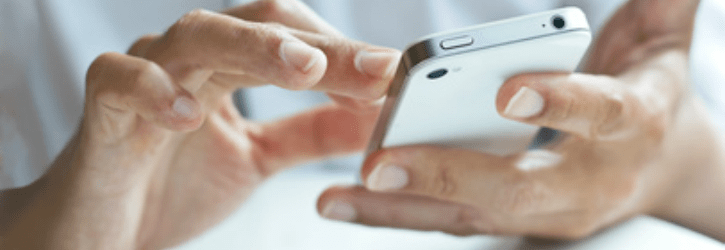
We are concerned to hear about the Babylon Health data breach following the story hitting the headlines and our firm being approached for media comment.
The app has been used for GP video appointments and reportedly has more than 2.3 million registered users in the UK. We understand that it may be popular right now as a result of the coronavirus pandemic, and now – more than ever – we need to make use of technology to keep us all safe. That being said, information must be safe and secure, and must not be exposed. If it is, victims should know their rights.
If you have been affected by this incident, we may be able to help you.

Some statistics have put the number of downloads for mental health apps at one million since the start of the coronavirus pandemic, and these apps have been around for quite some time.
The additional strain that the pandemic is causing on our mental wellbeing is widely recognised, and the increased usage of such apps doesn’t come as a surprise. But people do need to be careful, and some apps will be more secure than others. It’s a perfect opportunity for scammers to try to muscle their way in to get hold of sensitive information too.
So, should we be concerned, what may happen if an app is breached, and what can we do to help people?
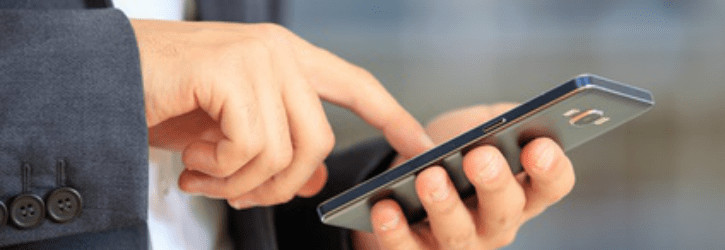
The issue of London council data breaches has hit the media in light of damning statistics about the volumes of data that has reportedly been lost or stolen that involves these authorities.
Council data breach compensation claims are one of the most common types of cases that we take forward. The reasons are likely down to the sheer wealth of data that authorities and their outsourced partners hold, and the fact that it can be very personal and sensitive. What also doesn’t help is the fact that there are funding issues which can mean some councils aren’t able to commit enough resources for data protection either.
As a leading, specialist data breach law firm, the statistics do not come as a surprise to us; despite how worrying they are.

We often see mobile apps cybersecurity issues and events in the news. As the use of apps and mobile technology continues to grow, we fear there may be more incidents to come.
And some of those incidents could lead to a great deal of data being exposed or misused for a lot of people; perhaps even millions in a single event.
As data breach compensation experts, we often deal with cybersecurity compensation claims, and many stem from apps. This includes the We-Vibe group action we’re representing victims for, which saw particularly personal and sensitive data for thousands of people misused. We can represent victims for cases on a No Win, No Fee basis, and we’re always happy to offer no-obligation advice.
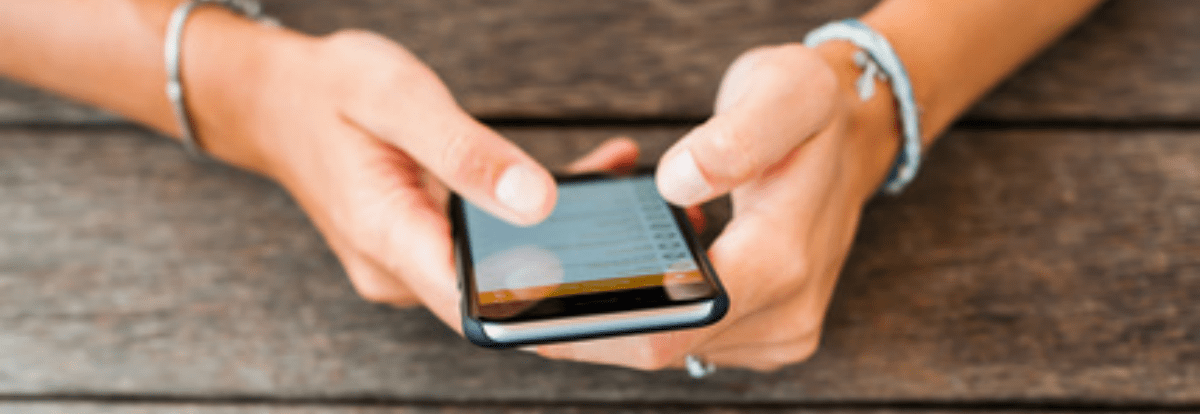
There has been a large volume of gaming app data breaches in recent years, and it may well be a trend that’s set to continue as these kinds of apps grow in popularity.
Gaming apps are now used by millions across the world, and there are no doubt hundreds of even thousands of them to choose from worldwide. We’ve previously discussed the issues over many apps having poor security, which recently led to Facebook closing down links with hundreds of apps due to concerns.
Ultimately, people need to be careful. Not only do people need to consider who it is that’s going to be in charge of their personal information, but they also need to consider what happens if a security breach takes place.

A seriously concerning security flaw has been discovered which has reportedly allowed hackers to covertly put so-called monitoring implants in iPhones.
The vulnerability is said to have been discovered in January 2019, with Apple releasing a security patch in February 2019. It’s understood that Google’s external ‘white hat’ security team, known as Project Zero, are responsible for identifying the flaw.
There may be thousands upon thousands of people whose phones have been compromised in a way that could allow hackers to have had access to a disturbing wealth of information.

This week, we discovered that a vulnerability had been exploited and was used as part of the well-publicised WhatsApp security breach.
Arguably, news of this latest data breach couldn’t have come at a worse time for the owners of the messaging platform, Facebook, who remain embroiled in data and privacy issues that have arisen in the last few years. WhatsApp’s end-to-end encryption that was enacted recently has perhaps made us all feel a little more secure when using the messaging service, but this week’s hack has been cause for alarm.
The vulnerability is said to have been resolved, but with unknown numbers of people affected, should we be worried?

Questions have been raised over health apps data security, as research indicates that some apps may be leaking data and sharing information without users really knowing about it.
Recent studies indicated that many health apps are sharing information with dozens of companies, including to marketing companies and digital advertising firms. Questions have been raised over whether the privacy policies for these apps are clear enough in explaining just how far the data they collect and share goes.
At the end of the day, when you download a health app, it’s for your personal use for monitoring your wellbeing or tracking your medication intake, as examples. Is it really fair to expect that your data will then be shared far and wide, and passed to companies for marketing purposes?
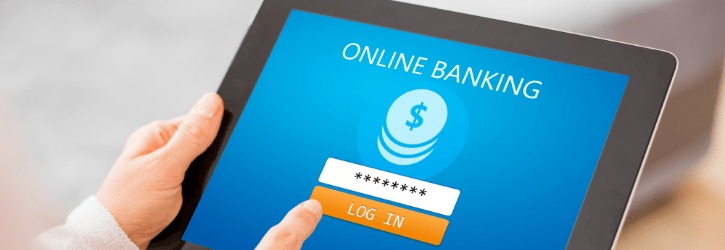
We may be able to offer you a No Win, No Fee arrangement for a banking data breach compensation claim.
The risks of falling victim to a banking data breach are obvious. With so much ease of access to our finances, it can be simple for hackers and criminals to exploit the ease of access to steal money directly from accounts.
Although you have a duty to ensure that you’re vigilant to avoid giving information to hackers, there are ways criminal can get hold of information and use it against you. If your information has been leaked, breached or hacked, you may be eligible to make a claim for data breach compensation if a bank is responsible.
EasyJet admits data of nine million hacked
British Airways data breach: How to claim up to £6,000 compensation
Are you owed £5,000 for the Virgin Media data breach?
Virgin Media faces £4.5 BILLION in compensation payouts
BA customers given final deadline to claim compensation for data breach
Shoppers slam Morrisons after loyalty points stolen
Half a million customers can sue BA over huge data breach
Lawyers accuse BA of 'swerving responsibility' for data breach
The biggest data breaches of 2020
Fill out our quick call back form below and we'll contact you when you're ready to talk to us.